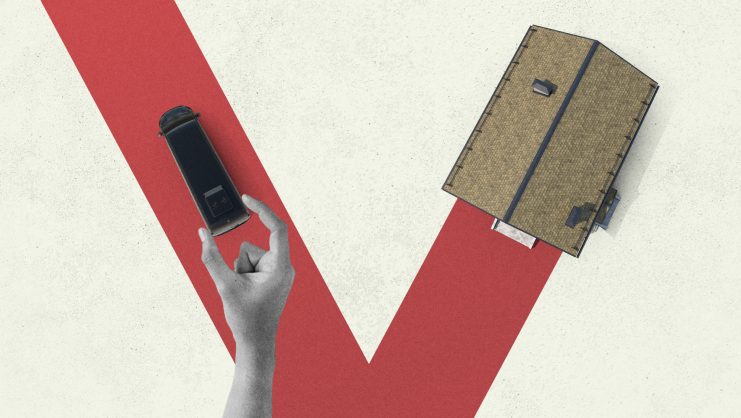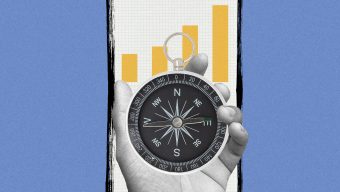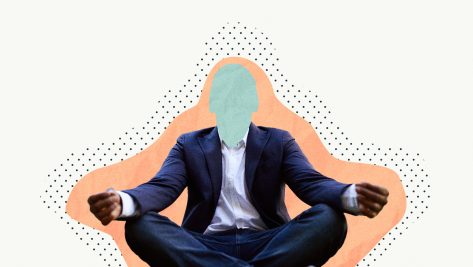The Business Case for Nature
Nature is the future of both our economies and our personal development, explains Thierry Malleret.
© IE Insights.
Transcription
Every single major pandemic in the history of humanity has had a major effect on the way in which economies and societies react in the aftermath of the pandemic. So we always think, for example, in Europe, about the great plague that killed almost half the Europe population. In the case of COVID, there were not that many deaths in relative terms compared to previous pandemics, but we thought it would have a defining impact on two things.
The first, it would force us to rethink our social contract and probably to make the world more equitable. The second consideration was linked to the idea of nature. It’s probably something that we now appreciate because having been deprived so many of us of nature for so many months, it makes you focus on what really matters to you.
Nature is something that we consume freely and yet it’s priceless. It is a very fundamental asset in terms of economic growth and human welfare and nature obviously is something that is very critical in terms of our physical and mental well-being. And thus probably the most fundamental contributions of Covid making us, all of us, aware of how critical nature can be.
And today, with COP15, Montreal, the importance attached to biodiversity, the understanding that air pollution can destroy lives as it did during Covid because there was high correlation between the incidents of air pollution, the incidence of the pandemic, particularly in terms of death rates. The idea of natural capital will gain traction in a definite manner, up to 50% of GDP growth is dependent on nature.
If we don’t have drinkable water, if we don’t have breathable air, if we don’t have functioning ecosystems, we are in deep trouble. And it’s something that can be developed into a business case. Why? Because when you are in nature, you are cognitively well-prepared to tackle the issues that matter to you. You are more creative, you are unbound in terms of your own thinking.
You are freer in terms of exchanging with your colleagues, in terms of your own cognitive processes. For many years I worked on the trading floor in a Russian bank in Moscow, so I was inside for 15 hours a day. It was a very exciting job, but I was miserable. And then suddenly it occurred to me that I needed to be outside.
You need, if you want to be really creative, if you want to, do your best from a professional point of view, you need aspiration, you need beauty. Being able to absorb beauty, physical beauty, the beauty of nature, the beauty of nature is something that has been proven by neuroscience, there are zillions of articles in the sphere of leadership, behavioral economics, medicine, psychology.
So we developed the notion that is now commonly accepted in so many companies around the world of “walkshops”. We don’t do workshops, we do “walkshops”, we walk outside. And I looked at the way in which companies practice, walk the talk in terms of being outside. For example, if you look at Apple, the new headquarters of Apple has been built.
It has a forest inside the ellipse, and people are encouraged to walk before they make an important decision. You have many, many CEOs of large tech companies that when they have to make an important decision or strategic considerations, walk on the beach, in the forest, in the mountains. I am confident that we’ve succeeded in the post-pandemic era because everybody has this deep, innate understanding that nature is important in terms of physical and mental well-being.
So the hope is that more and more societies will invest in the protection of biodiversity because it is such a critical element in terms of economic growth and human welfare.










